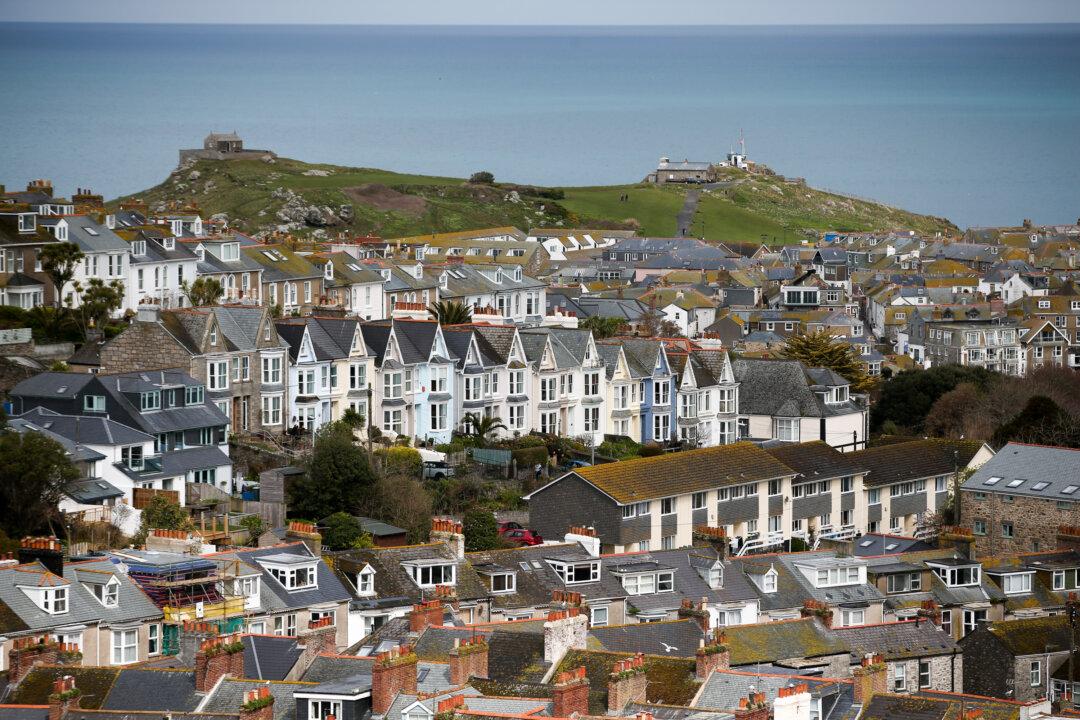The official opposition may not have been thinking only of Lady Mone, baroness of Mayfair, in announcing its proposal to get rid of Britain’s House of Lords.
But as Labour offers a dramatic reform of the country’s 1,000-year-old institution, recent allegations against the Tory peer have hardened perceptions it is “staffed with cronies or supporters of whomever is in power,” the historian Tim Lockley told the Epoch Times.



